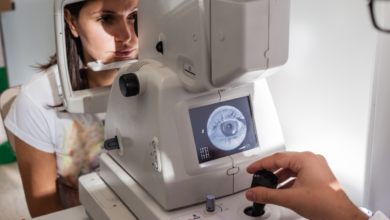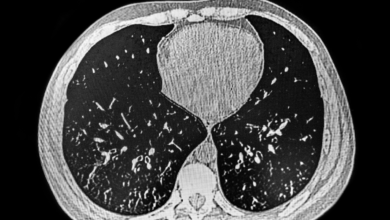Heart Disease

What is Heart disease ?
Heart disease, also known as cardiovascular disease, refers to a group of conditions that affect the heart and blood vessels. It encompasses a range of disorders, from mild to severe, that can impair the heart’s ability to pump blood effectively.
what are the symptoms of Heart disease ?
Symptoms of Heart Disease:
- Chest pain or discomfort: Often described as a squeezing or pressure sensation.
- Shortness of breath: Difficulty breathing, especially with exertion.
- Fatigue: Feeling tired or exhausted.
- Heart palpitations: Irregular heartbeat or a sensation of your heart racing.
- Swelling in the feet or ankles: Fluid buildup due to poor heart function.
- Dizziness or lightheadedness: Reduced blood flow to the brain.
- Cough: Persistent cough, especially when lying down.
- Pain in the jaw, neck, or shoulder: These areas can be affected by heart pain.
who can suffer from Heart disease ?
Heart disease can affect people of all ages, but certain factors increase the risk, including:
- High blood pressure: Chronic elevated blood pressure puts stress on the heart and blood vessels.
- High cholesterol: High levels of LDL cholesterol can contribute to plaque buildup in the arteries.
- Smoking: Smoking damages blood vessels and increases the risk of heart disease.
- Diabetes: Diabetes can lead to damage to blood vessels and nerves.
- Obesity: Excess weight can increase the risk of heart disease.
- Family history: A family history of heart disease can increase the risk.
- Age: The risk of heart disease increases with age.
- Sedentary lifestyle: Lack of physical activity can contribute to heart problems.
What are the types of Heart disease ?
Types of Heart Disease:
- Coronary artery disease: Narrowing of the arteries that supply blood to the heart muscle.
- Heart failure: Weakening of the heart muscle, making it unable to pump blood effectively.
- Arrhythmias: Irregular heart rhythms.
- Heart valve disease: Problems with the heart valves, affecting blood flow.
- Congenital heart defects: Heart problems present at birth.
Which diagnostic tests are available for Heart disease ?
Diagnostic Tests for Heart Disease:
- Electrocardiogram (ECG or EKG): Records the electrical activity of the heart.
- Echocardiogram: Uses sound waves to create images of the heart.
- Stress test: Evaluates heart function during exercise or medication-induced stress.
- Blood tests: To measure cholesterol levels, blood sugar, and other markers.
- Cardiac catheterization: A procedure to visualize the heart and blood vessels.
What is the treatment of Heart disease?
Treatment of Heart Disease:
The treatment for heart disease depends on the specific condition and its severity. It may include:
- Lifestyle changes: Healthy diet, regular exercise, smoking cessation, and weight management.
- Medications: To manage blood pressure, cholesterol, heart rhythm, or other conditions.
- Surgical procedures: Such as angioplasty, bypass surgery, or valve repair.
Which diet I should take, if any ?
Diet for Heart Health:
A heart-healthy diet emphasizes
fruits, vegetables, whole grains, lean proteins, and healthy fats. Limiting saturated and trans fats, sodium, and added sugars is essential.
Which speciality of the doctor will treat Heart disease ?
Cardiologist
Is Heart disease completely curable ?
While some forms of heart disease can be treated successfully, it’s not always completely curable. The goal of treatment is often to manage symptoms, prevent complications, and improve overall quality of life. With early detection and appropriate management, many people with heart disease can live long and healthy lives.





